TINIDAZOLE - ORAL
PHONETIC PRONUNCIATION: (tye-NID-a-zole)
COMMON BRAND NAME(S): Tindamax
GENERIC NAME(S): tinidazole
Uses
USES: Tinidazole is an antibiotic that is used to treat certain types of vaginal infections (bacterial vaginosis, trichomoniasis). It is also used to treat certain types of parasite infections (giardiasis, amebiasis). It works by stopping the growth of certain bacteria and parasites. This antibiotic treats only certain bacterial and parasitic infections. It will not work for viral infections (such as common cold, flu). Using any antibiotic when it is not needed can cause it to not work for future infections.
How to use TINIDAZOLE - ORAL
HOW TO USE: Take this medication by mouth as directed by your doctor, usually once daily. To prevent stomach upset, take this medication with food. The dosage is based on your medical condition and response to treatment. For children, the dosage is also based on weight. For the best effect, take this antibiotic at evenly spaced times. To help you remember, take this medication at the same time(s) every day. Continue to take this medication until the full prescribed amount is finished, even if symptoms disappear after a short time. Stopping the medication too early may result in a return of the infection. Tell your doctor if your condition lasts or gets worse.
Side Effects
Precautions
Interactions
Overdose
Images
Reviews
Faq for TINIDAZOLE - ORAL
Tinidazole is an antibiotic medication used to treat certain infections caused by bacteria or parasites in the body.
Tinidazole works by stopping the growth and multiplication of bacteria or parasites in the body, thus helping to control or eliminate the infection.
Common side effects of Tinidazole may include nausea, vomiting, diarrhea, stomach pain, headache, dizziness, and metallic taste in the mouth. If any severe or persistent side effects occur, it is important to consult a healthcare professional.
Tinidazole is generally not recommended for use during pregnancy unless specifically prescribed by a healthcare professional. It is important to discuss the potential risks and benefits with a doctor before using this medication while pregnant.
It is advisable to avoid consuming alcohol during Tinidazole treatment and for at least 72 hours after the last dose. Alcohol and Tinidazole can cause a severe reaction, leading to symptoms such as nausea, vomiting, flushing, and rapid heart rate.
Tinidazole is usually taken orally, with or without food, as directed by a healthcare professional. It is important to complete the full course of treatment, even if the symptoms improve before finishing the medication.
No, Tinidazole is an antibiotic medication and only works against bacterial or parasitic infections. It does not have any effect on viral infections, such as the common cold or flu.
Tinidazole may be prescribed by a pediatrician for children in specific cases. The appropriate dosage and duration of treatment for children should be determined by a healthcare professional.
Yes, some people may develop an allergic reaction to Tinidazole. Common signs of an allergic reaction may include hives, itching, swelling, difficulty breathing, and rash. Immediate medical attention should be sought if any allergic reaction is experienced.
Disclaimer
IMPORTANT: HOW TO USE THIS INFORMATION: This is a summary and does NOT have all possible information about this product. This information does not assure that this product is safe, effective, or appropriate for you. This information is not individual medical advice and does not substitute for the advice of your health care professional. Always ask your health care professional for complete information about this product and your specific health needs.
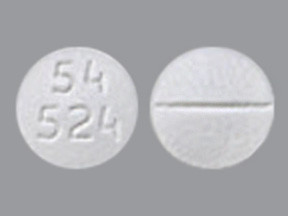
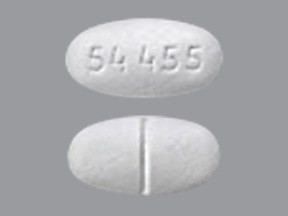
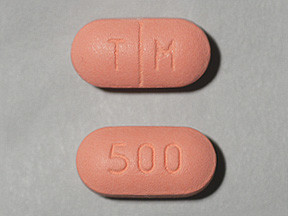

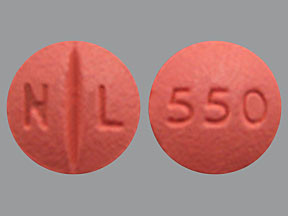
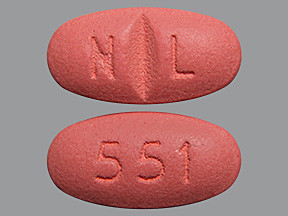
No Reviews Yet